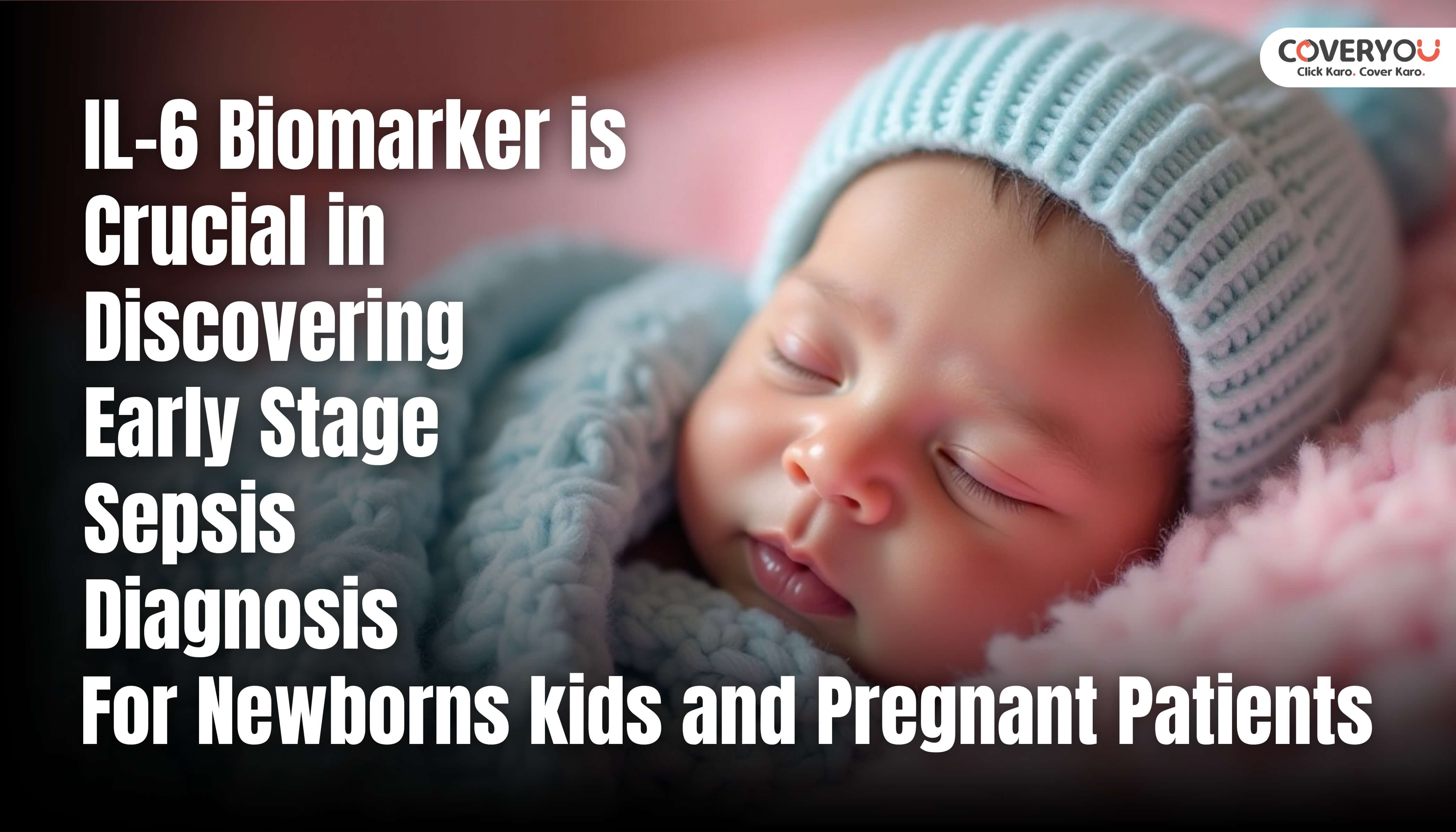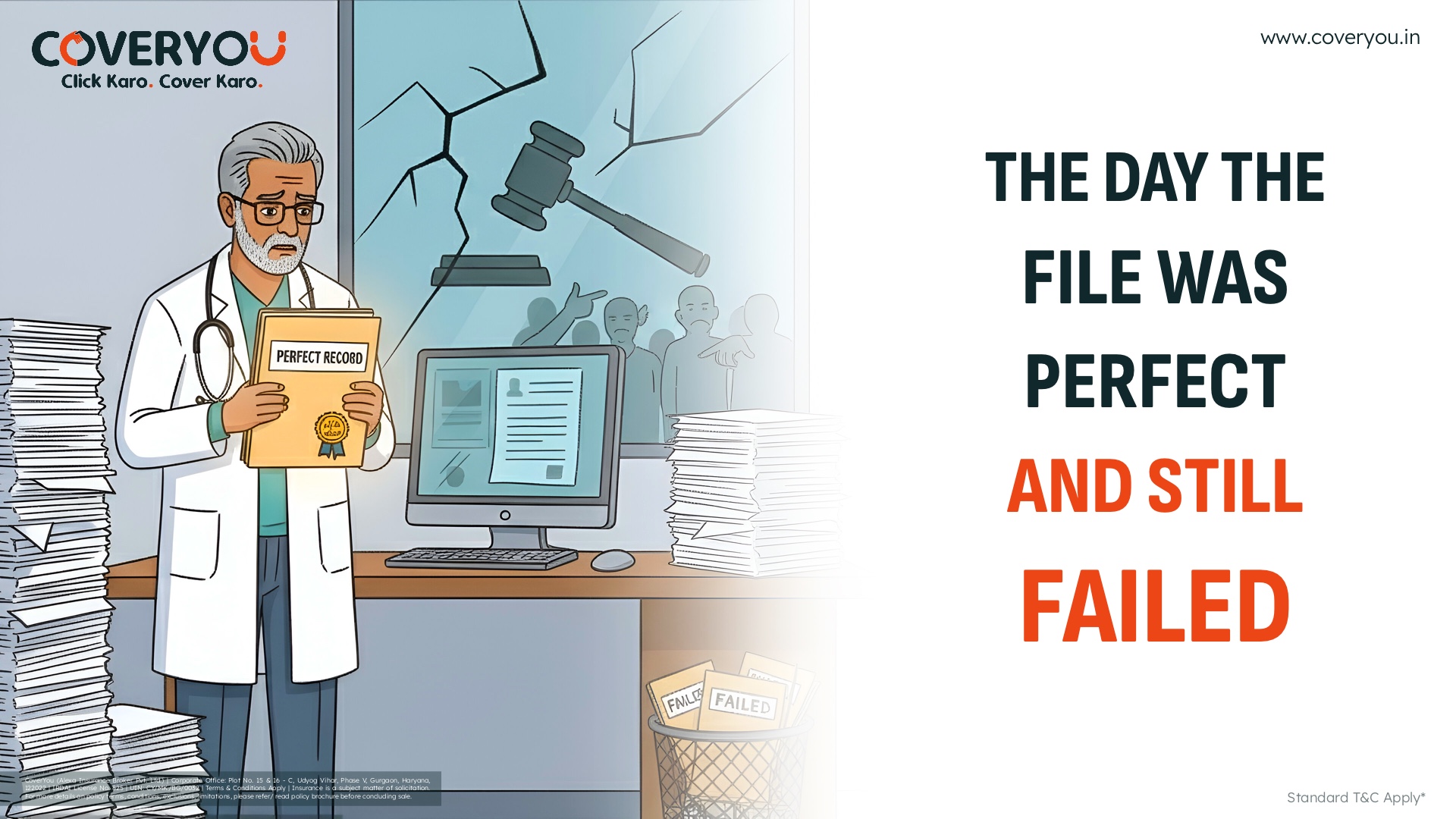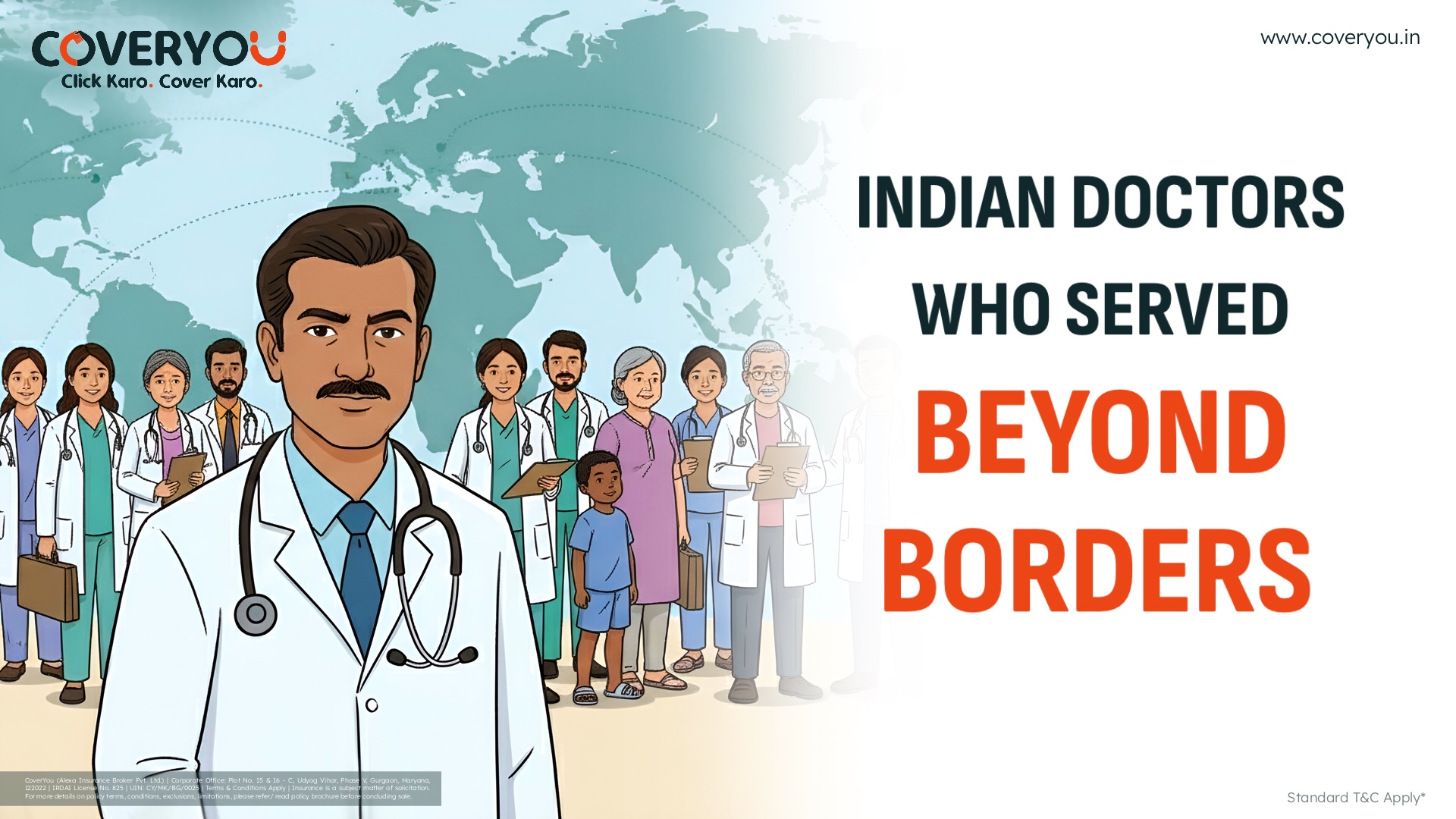Sepsis is still dangerously trickery in the most vulnerable groups. For doctors working on neonates, paediatric patients, and pregnant women, early sepsis detection is a time race. The condition progresses quickly, often shrouded by vague, non-specific symptoms. In those delicate populations, it’s also more evasive and more deadly.
Outdated diagnostic markers still cost precious hours
C-reactive protein (CRP) and procalcitonin (PCT) have for years been the markers of choice, but their delayed rise response time typically causes a delay in treatment. In sepsis, hours of intervention can translate into life experience, and just a few hours can separate a return to health from a critical turn. Doctors need faster, more accurate diagnostic tools that reflect how sepsis actually acts in the body, not how the lab reacts to it 48 hours later.
IL-6 is the next-gen sepsis marker that all front-line doctors should be aware of
A new study at ESCMID Global 2025 shows that Interleukin-6 (IL-6) significantly outperforms traditional biomarkers in speed, accuracy, and clinical relevance. With levels rising within 1–2 hours of infection onset and peaking by hour six, IL-6 gives doctors the edge they need in early intervention.
Children maternity and Neonatal category performance
IL-6 is highly sensitive within a large cohort of 252 patients at increased risk including 111 children, 72 pregnant women and 69 neonates. AUROC rows reached 0.94 for maternity and 0.91 for paediatrics, outperforming both CRP and PCT. This is particularly important in neonates, where many similar symptoms confuse the issue, and IL-6 had a specificity of 97%, tremendous when diagnosing against the need to rule out the presence of bacterial infections.
Early clarity prevents overtreatment and unnecessary escalation
In addition to speed, IL-6 was extremely useful for stratifying the severity of sepsis. Doctors could draw a line between mild infection or full-blown sepsis, or even septic shock, allowing for more selective, intelligent care. This type of granularity can be instrumental in decreasing unnecessary antibiotic use, improving outcomes, and enhancing clinical documentation, all of which are essential to both patient safety and medico-legal protection.
Hospitals are already using IL-6 with great confidence
Institutions such as the Rotunda Hospital and Children’s Health Ireland at Temple Street are already performing IL-6 as part of routine testing in maternity and paediatric environments. The fact that the IL-6 test is available on standard diagnostic platforms means it’s more than just a research trend, it’s a tool that is available for daily rounds, night shifts and emergency calls.
Neonatal sensitivity is still being developed but it is better than current alternatives
In neonates, IL-6 had lower sensitivity 67.6%, however, the ability to evaluate rapidly rising IL-6 levels was a significant improvement with other biomarkers having high specificity. The alert system for NICU doctors has never been earlier. Even a partial early warning can turn the tide from proactive care to reactive crisis management.
Advanced diagnostics change the game, not the risks
Sepsis is still a complex clinical battleground, even with tools like IL-6. In situations where outcomes are uncertain, families of patients seek explanations and apologies, doctors must have the protection of strong, Customized indemnity policy. Clinical coverage isn’t the only thing going on here, you need to cover your clinical judgement with a legal cover. And the customized indemnity of coverYou isn’t just about financial coverage, it’s about backing your clinical judgement with a legal safety net. For doctors making critical calls CoverYou is your medicolegal partner
At CoverYou, we know about making high-stakes decisions quickly. Which is why our bespoke indemnity policy for doctors is customized for specialists who care for complex cases such as those involving sepsis in neonates, maternal infections, or paediatric intensive care cases. When you are depending on tools like IL-6, we allow you to safeguard every single decision you make with them.
High precision medicine needs high precision protection
Sepsis won’t wait. Your indemnity coverage shouldn’t either. With CoverYou, you get more than a policy you get a partner who knows your specialty, your pace, and your professional reality. Because in modern medicine, risk doesn’t disappear it just changes shape.
















